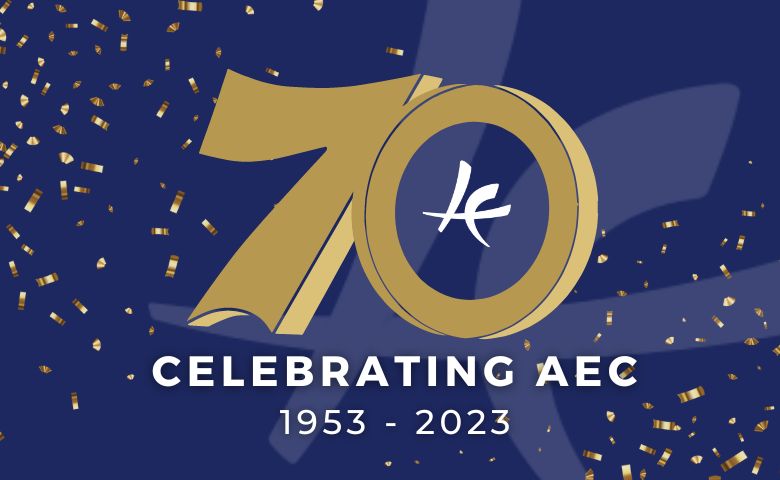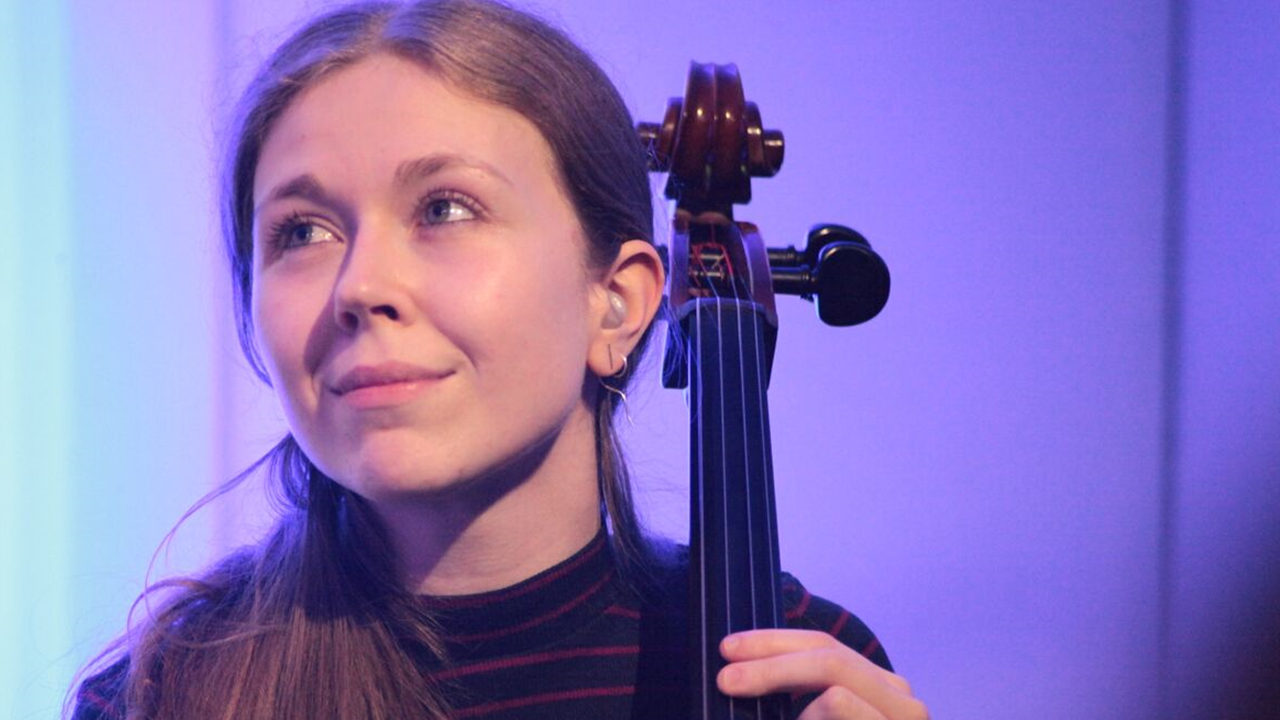AEC 70 Anniversary – Student Voice

Happy 70th Birthday, AEC!
Dear AEC,
I wish you a very happy birthday. If I can be bold to say, you have some excellent gifts: a vibrant and diverse membership, exceptional projects, impactful outcomes, a dedicated Council, and truly wonderful staff.
Last weekend EPASA held its inaugural Conference and General Assembly – performing arts students gathered from across Europe to discuss and debate the future on many topics that matter to us all. As we celebrate this momentous milestone, I wish to reflect with you on the evolution of the student voice in HME; none of which would have been possible of course without you, the AEC.
It is my understanding that the student’s voice was formally invited to participate in AEC activities in 2014 with the beginning of the FULL SCORE project. The idea was to draw upon the fresh perspectives of emerging artistic professionals to “enrich the debate about the professional career field of music”. Six students were selected and formed the AEC Student Working Group: Ankna Arockiam, Sylvain Devaux, Ruth Fraser, Isabel Gonzalez Delgado, Angelina Konstantinou, and Saara Lindahl.
The first Student Working Group (SWG) spent these formative years doing three major things: learning about common issues affecting students, scoping the differing situations of student representation systems, and integrating themselves within the AEC’s various events and networks. The SWG did this with great success: they launched a handbook (“Increasing student voice in Higher Music Education institutions”) and a Manifesto. They were also given the opportunity at AEC events to provide the student with perspective on topics and propose subjects.
I asked Isabel Gondel to reflect on their impact: “I think that the main relevant thing was to make them all understand that students’ voices are valuable and that they can contribute equally from a different perspective for the enhancement of higher music education. AEC started to listen to students and that was the first great step done.” In three years this SWG laid excellent foundations for the next generation.
In 2017 the Strengthening Music in Society project launched and with it a new group of students: Roberto Boschelli, Isabel Gondel, Baptiste Grandgirard, Camilla Overgaard, and Siri Storheim, with Eline Accoe and I joining a year later. The second generation of the SWG was responsible for further integrating the student voice through their other working group, by supporting other students to mobilise locally and to explore the possible creation of an independent organisation.
What impact did we have? Concretely we tried to be agents of change by approaching social topics head-on through workshops, seminars, and panel discussions. We celebrated other students who had the courage to speak up, and we began to foster an international community of emerging artistic professionals – but the other impact we had was a cultural one:
I also wish to briefly reflect on what impact the AEC has had on students in HME. For me, the biggest thing has been to give students the opportunity and space to connect, to inspire and be inspired, to mobilize, and to take ownership of their educational experiences. Without the AEC, EPASA would never have been created, and students wouldn’t have a space to protect and improve the arts and artistic education.
On behalf of past and current student representatives, we have some gifts to give you – what we hope the student voice will look like in 70 years’ time:






